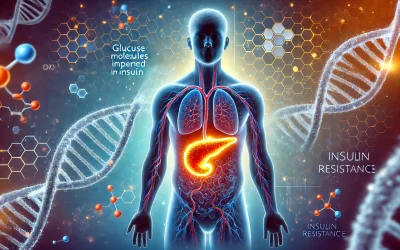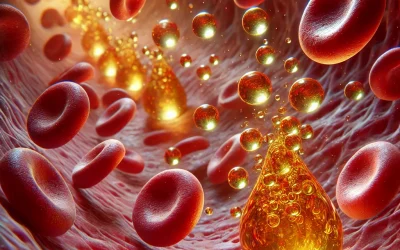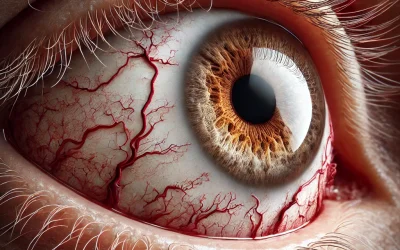Type 2 diabetes is a chronic condition that affects how your body processes sugar (glucose). Many people have diabetes for years without realizing it, as the symptoms can be mild or mistaken for other health issues. Recognizing the early warning signs can help you take control of your health and prevent complications. Here are five key warning signs of type 2 diabetes and what you can do about them.
- Increased Thirst and Frequent Urination
One of the earliest and most noticeable signs of diabetes is excessive thirst and frequent urination. High blood sugar levels force your kidneys to work harder to filter and remove excess glucose from the body, leading to dehydration and increased urination.

What to Watch For:
Feeling constantly thirsty, even after drinking water
Waking up multiple times at night to urinate
Dry mouth and dehydration symptoms- Unexplained Weight Loss
Although type 2 diabetes is often associated with weight gain, some individuals experience unexplained weight loss. When the body can’t use glucose properly for energy, it starts burning fat and muscle instead, leading to sudden weight loss.
What to Watch For:
Losing weight without trying
Feeling weak or fatigued despite eating normally
A loss of muscle mass- Constant Fatigue and Low Energy
If you feel unusually tired throughout the day, even after a full night’s sleep, it could be due to high blood sugar levels. When your body struggles to process glucose, your cells don’t get the energy they need, leaving you feeling sluggish and exhausted.

What to Watch For:
Persistent fatigue, even after resting
Difficulty concentrating or feeling mentally foggy
A lack of energy for daily activities- Blurred Vision
High blood sugar levels can affect the tiny blood vessels in your eyes, leading to vision problems. Over time, uncontrolled diabetes can increase the risk of more severe eye conditions, including diabetic retinopathy, which can cause permanent vision loss.

What to Watch For:
Blurry or fluctuating vision
Difficulty focusing on objects
Increased sensitivity to light- Slow Healing Wounds and Frequent Infections
Diabetes can slow down the body’s ability to heal cuts, sores, and wounds due to poor circulation and weakened immune function. If you notice that minor injuries take longer than usual to heal or you frequently suffer from infections, this could be a red flag.
What to Watch For:
Wounds that take weeks to heal
Frequent skin infections or yeast infections
Increased bruising or sores on the feetWhat to Do If You Notice These Signs
If you are experiencing one or more of these warning signs, it’s important to take action as soon as possible. Here’s what you can do:
Schedule a Doctor’s Appointment: Get a blood sugar test to determine if you have prediabetes or diabetes.
Monitor Your Symptoms: Keep track of changes in your body, including weight, energy levels, and vision.
Adopt a Healthy Diet: Focus on a balanced diet with whole foods, lean proteins, fiber, and healthy fats to help regulate blood sugar.
Stay Active: Regular exercise, such as walking, cycling, or strength training, can help improve insulin sensitivity.
Manage Stress: Chronic stress can raise blood sugar levels, so practice relaxation techniques like meditation or deep breathing.



































